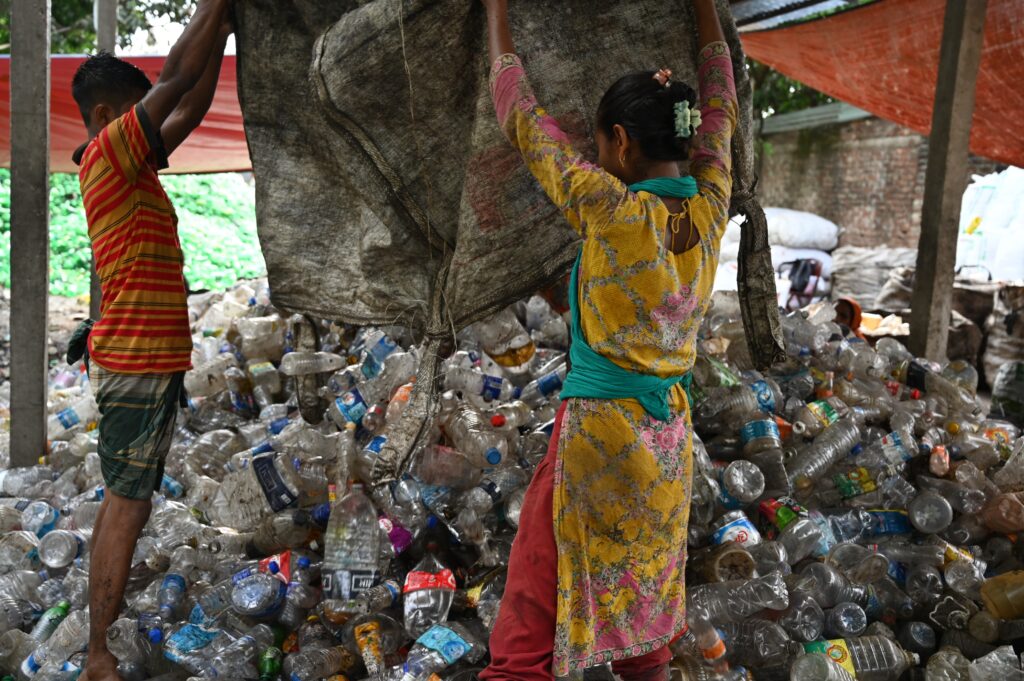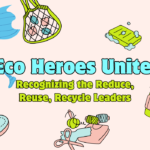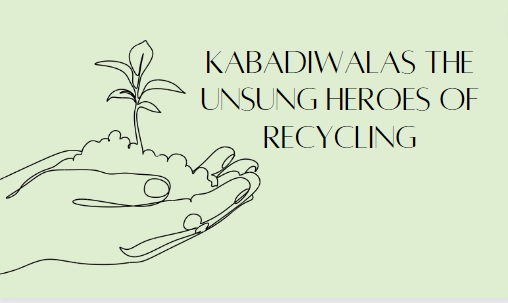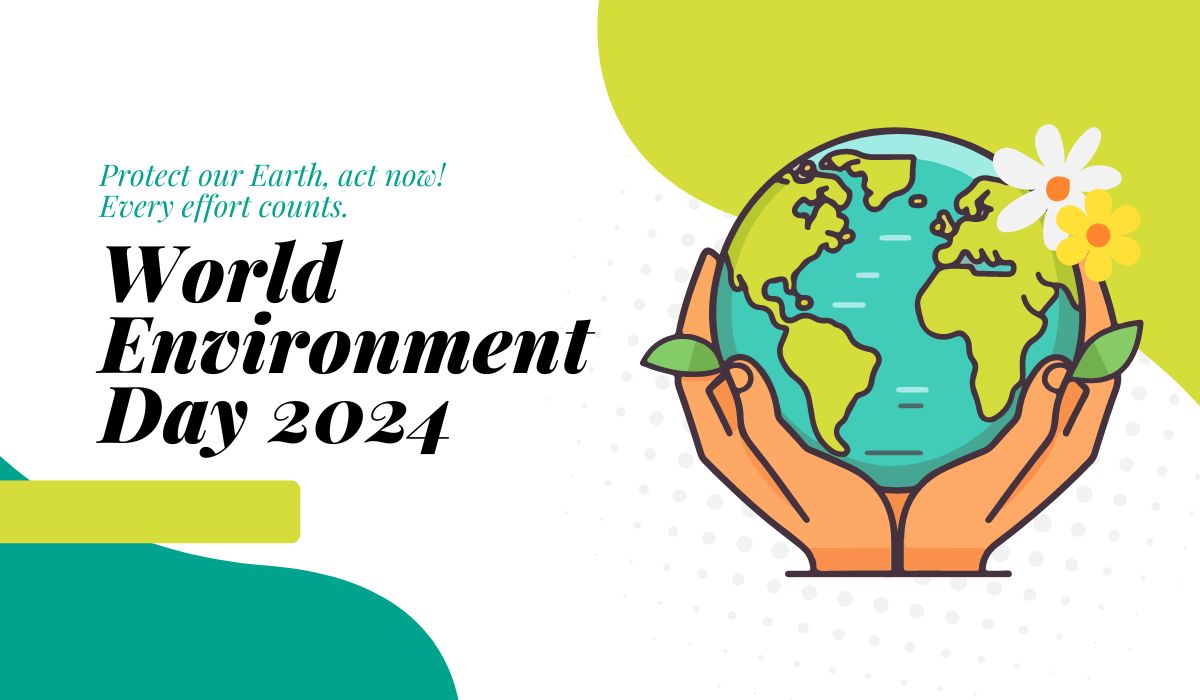As we celebrate Global Recycling Day on March 18th, it’s crucial to shine a spotlight on Kabadiwalas The Unsung Heroes of Recycling or local scrap vendors. These individuals may not operate with the sophistication of professional recyclers, but their work is just as vital, if not more, in the fight against waste and pollution.

In the bustling streets of India, you’ll often encounter Kabadiwalas pushing their carts or riding their bicycles, weaving through traffic and crowds in search of scrap materials. Armed with nothing but their keen eyes and a passion for recycling, these individuals play a crucial role in keeping our environment clean and sustainable.
What sets Kabadiwalas apart is their grassroots approach to recycling. Unlike professional recyclers who operate large-scale facilities, Kabadiwalas rely on traditional methods and personal interactions to collect scrap materials. They establish deep connections within their communities, forging relationships with households, businesses, and even street vendors.
The work of Kabadiwalas begins at the crack of dawn, as they traverse neighborhoods, alleys, and markets, collecting everything from old newspapers to broken electronics. They are masters of resourcefulness, seeing value in items that others might dismiss as trash. A bundle of newspapers becomes an opportunity for new paper products, while a pile of plastic bottles can be transformed into raw materials for manufacturing.

Kabadiwalas are not just collectors of scrap; they are environmental stewards. By diverting recyclable materials from landfills, they help reduce the burden on the environment and prevent pollution. Every kilogram of paper, plastic, or metal they collect is a step towards a cleaner, greener future for all.
In comparison to professional recyclers, Kabadiwalas operate on a much smaller scale and with limited resources. While professional recyclers may have access to advanced machinery and technology, Kabadiwalas rely on their instincts and experience to sort and process materials manually. Despite these challenges, Kabadiwalas make up for their lack of sophistication with sheer determination and dedication to their craft.

One of the key advantages of Kabadiwalas is their accessibility. They are deeply ingrained in the fabric of their communities, making it easy for residents to dispose of their scrap materials responsibly. Unlike professional recyclers, who may require individuals to transport their waste to designated facilities, Kabadiwalas offer doorstep service, making recycling convenient for all.
Moreover, Kabadiwalas play a vital role in promoting a circular economy, where resources are reused and recycled rather than discarded after a single use. By reintroducing recycled materials into the production cycle, they help conserve natural resources and reduce the energy consumption associated with manufacturing virgin materials.

Despite their invaluable contributions, Kabadiwalas often operate on the fringes of society, marginalized and overlooked. They face numerous challenges, from fluctuating prices of scrap materials to lack of recognition for their work. Yet, they persevere, driven by a sense of duty and a deep-seated commitment to the environment.
On this Global Recycling Day, let us celebrate Kabadiwalas The Unsung Heroes of Recycling. Let us acknowledge their tireless efforts to protect the environment and build a more sustainable future for generations to come. As we reflect on the importance of recycling, let us remember that true change begins at the grassroots level, with individuals like the Kabadiwalas leading the way.
#globalrecyclingday #recycling #environment














One thought on “Kabadiwalas The Unsung Heroes of Recycling”